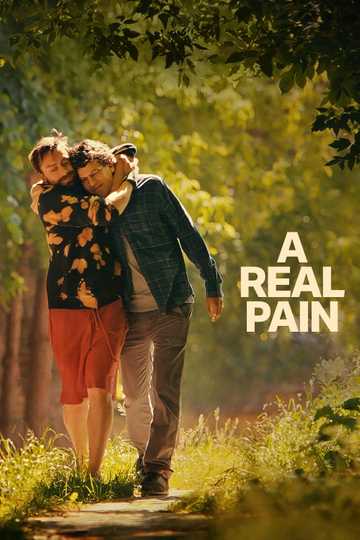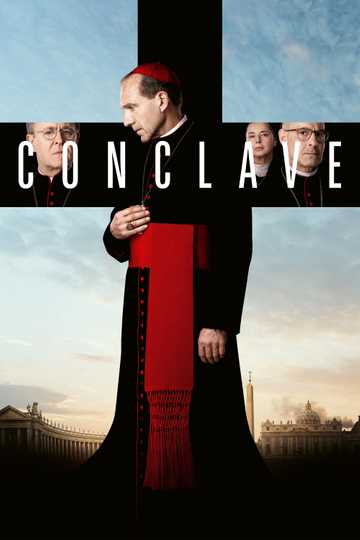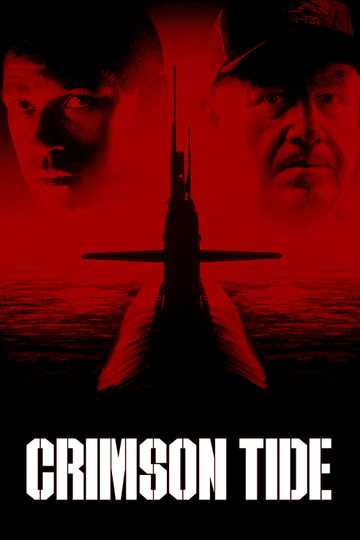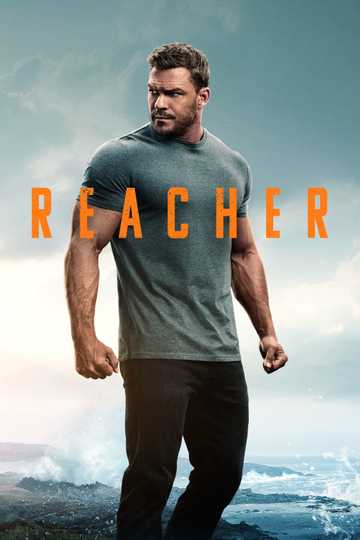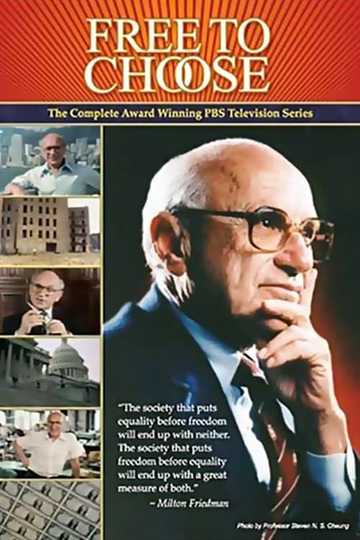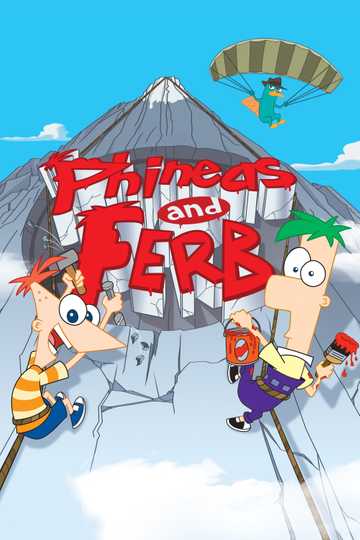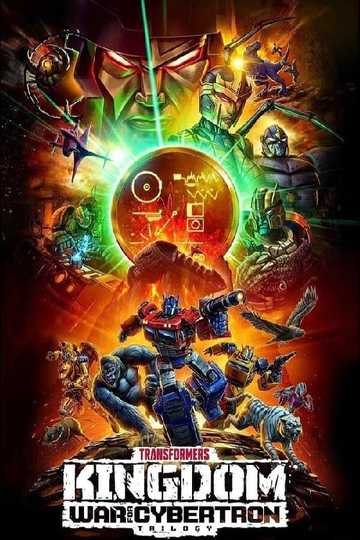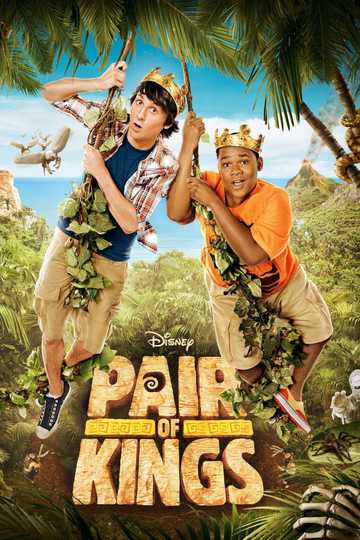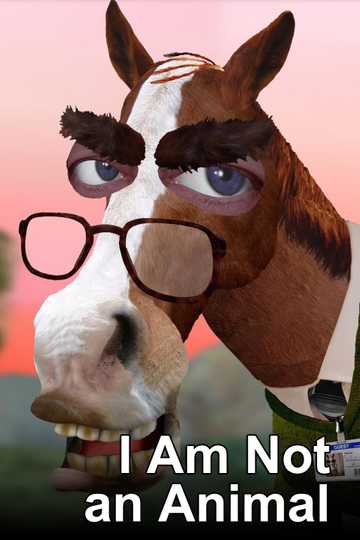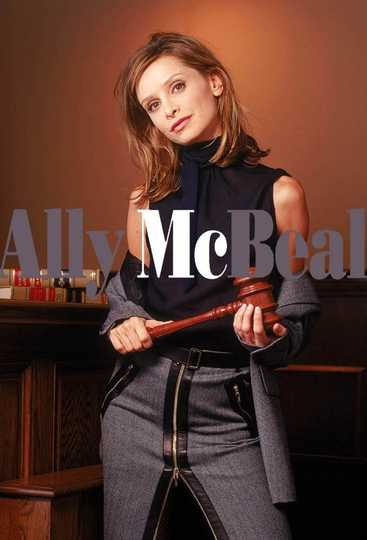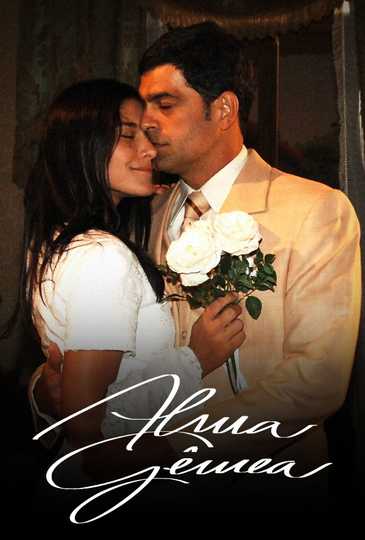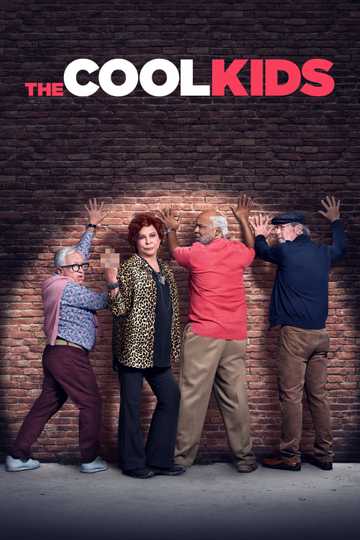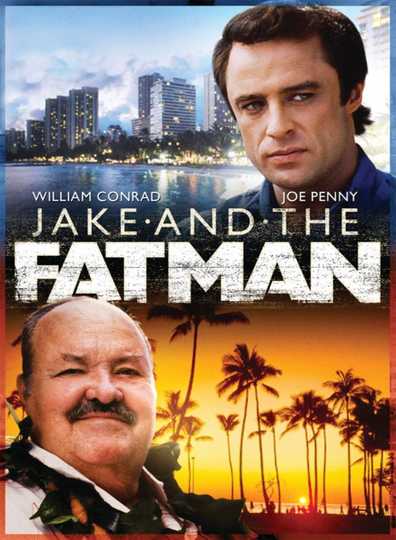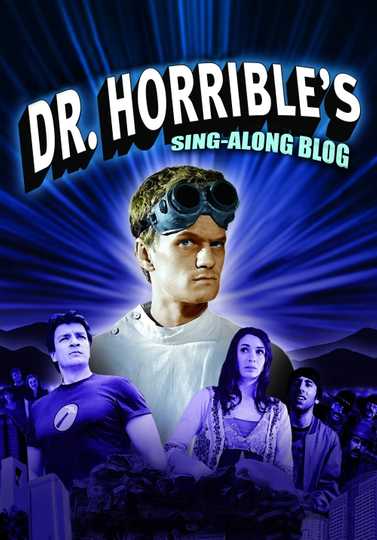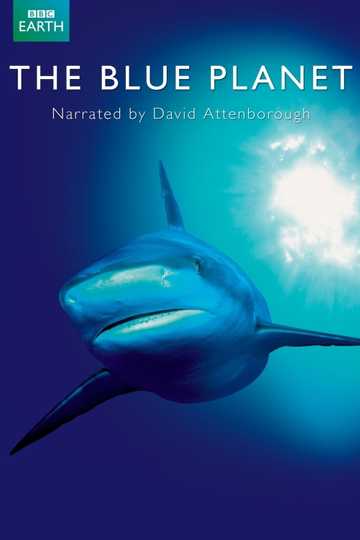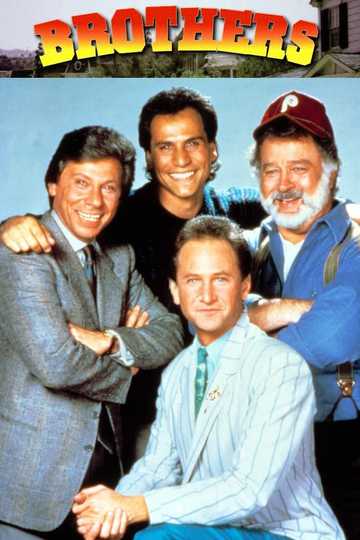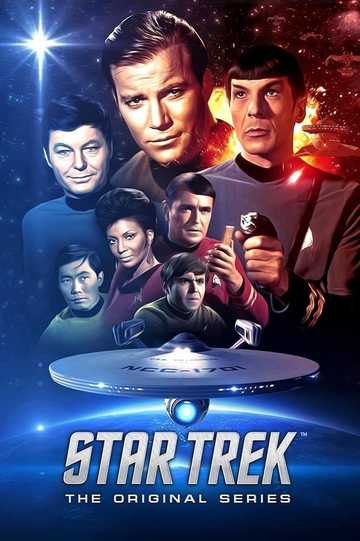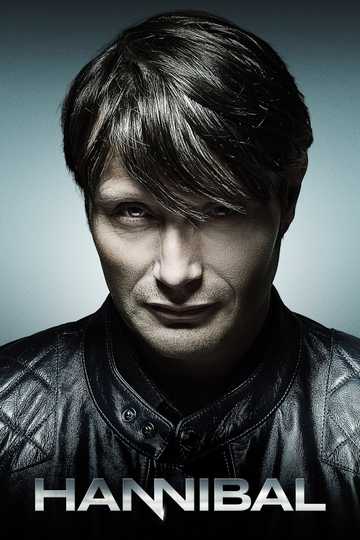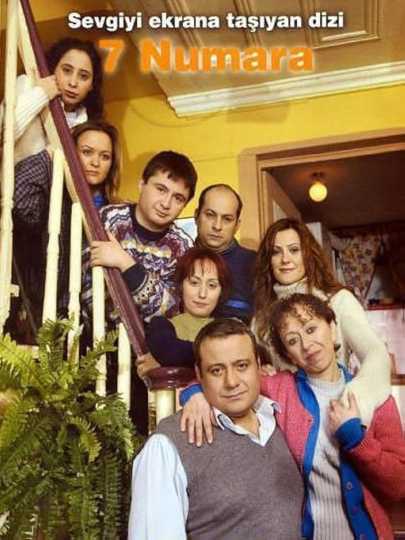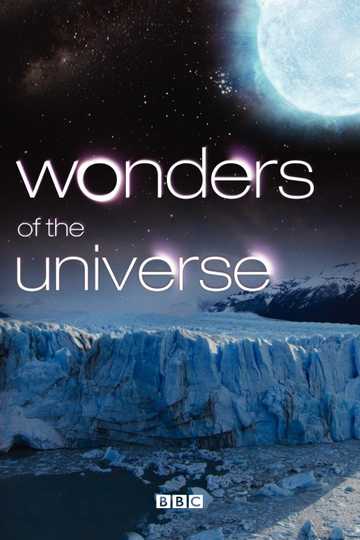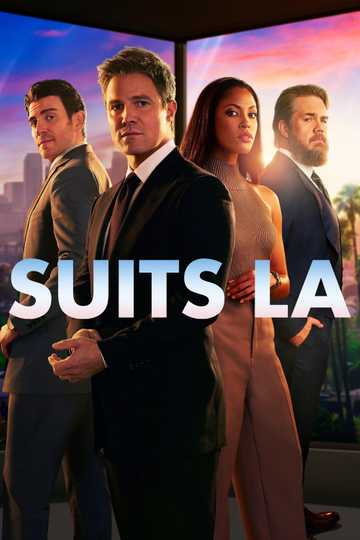Season 2 Plot
The original 1980 series was rebroadcast in 1990 with Linda Chavez moderating the episodes. Arnold Schwarzenegger, Ronald Reagan, Steve Allen and George Shultz give personal introductions for each episode. This time, after the documentary portion, Dr. Friedman sits down with a single opponent to debate the issues raised in the episode.
Free to Choose Season 2 aired on January 5th, 1990.
Season 2 Episodes
1. The Power of the Market
America's freedom and prosperity derive from the combination of the idea of human liberty in America's Declaration of Independence with the idea of economic freedom in Adam Smith's Wealth of Nations. Friedman explains how markets and voluntary exchange organize activity and enable people to improve their lives. He also explains the price system. Friedman visits Hong Kong, U.S. and Scotland. Introduction by Arnold Schwarzenegger.
2. The Tyranny of Control
Government planning and detailed control of economic activity lessens productive innovation, and consumer choice. Good, better, best, are replaced by "approved" or "authorized." Friedman shows how "established" industries or methods, seek government protection or subsidization in their attempts to stop or limit product improvements which they don't control. Friedman visits India, Japan and U.S. Introduction by George Shultz.
3. Freedom and Prosperity
Milton says "Everybody knows what needs to be done. The property that is now in the hands of the state, needs to be gotten into the hands of private people who can use it in accordance with their own interests and values." Eastern Europe has observed the history of free markets in the United States and wants to copy our success. Ironically, we seem unable to turn away from the temptations of socialism despite its long history of bankrupting economies. Introduction by Ronald Reagan.
4. The Failure of Socialism
In almost every case, giving individuals the power to choose, to set their own course, will lead to better results than centrally planned activity. That applies to schooling and every other activity in a modern society. Introduction by David Friedman.
5. Created Equal
"The society that puts equality before freedom will end up with neither. The society that puts freedom before equality will end up with a great measure of both." The desire to have more, to have what those who are better off have, is a powerful emotion. Friedman points out that the most governments can do is provide all citizens with equal opportunity to use their time and abilities as they best see fit, in pursuit of a better life. Introduction by Steve Allen.


